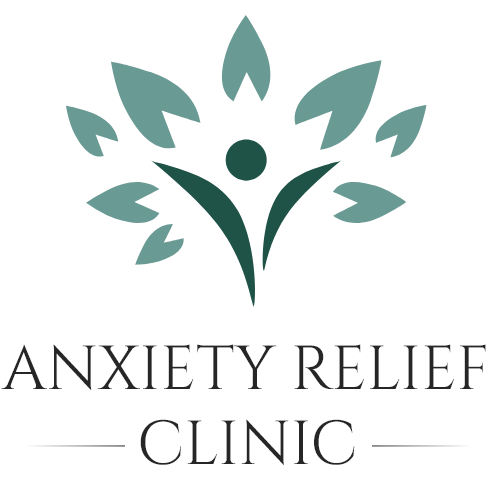Obsessive Compulsive Disorder (OCD) is a tough nut to crack. Patients who are dealing with it better know it. But the good news is that OCD is treatable. The newest advancements in OCD treatment have opened up new skies of hope for patients dealing with it.
So, if you are in San Francisco and battling hard with OCD, this blog is for you. Let’s hear from an OCD psychiatrist in San Francisco and stay informed about the latest advancements in OCD treatment.
Let’s have a look at the latest breakthroughs in Obsessive Compulsive Disorder treatment; San Francisco patients should pay attention to
- Medications
Many people find that after taking medications, their obsessions become much quieter and easier to let go of. And time spent on compulsions drops significantly. Side effects may occur, but often go away, and medications can always be stopped if it doesn’t work out.
- Personalized OCD Therapies
The OCD treatment plans are evolving continuously for the betterment of patients. There is no one-size-fits-all treatment plan. Cognitive Behavioral Therapy (CBT) with Exposure Response Prevention (ERP) is an advanced OCD treatment. Where CBT helps patients to challenge their scary and repetitive thoughts, ERP allows them to teach them how to face fears without compulsive actions.
With therapy sessions, the brain learns how to handle the fear and stop overreactions, and the anxiety fades.
- Mindfulness & ACT
Mindfulness & ACT (Acceptance and Commitment Therapy) is an advanced treatment plan for OCD. For patients who are unable to get rid of intrusive thoughts, repetitive actions, and compulsions, Mindfulness and ACT can help them manage OCD. It allows patients to learn how to let the intrusive thoughts go without being judgmental.
Mindfulness and Acceptance and Commitment Therapy (ACT) help patients respond to OCD in different ways. The therapy helps patients to live life meaningfully and to break the cage of compulsions. You can contact your OCD psychiatrist in San Francisco to learn more about this advanced OCD treatment plan if you wish.
- Deep TMS (Transcranial Magnetic Stimulation)
Deep TMS is a non-invasive OCD treatment procedure. It utilizes magnetic fields to stimulate specific areas of the brain, helping to reduce OCD symptoms. For patients who are resistant to standard OCD treatments like medications and CBT, Deep TMS is applied to them.
Deep TMS is an FDA-approved treatment plan. It engages gentle magnetic pulses to stimulate the particular areas of the brain associated with OCD.
- Deep Brain Stimulation to Treat Severe OCD
For patients severely struggling with OCD and who have not found relief with standard OCD treatment, DBS can be the next step. DBS, Deep Brain Stimulation, is an invasive procedure. The procedure involves surgery where electrodes will be implanted in specific areas of the brain to regulate abnormal OCD activities.
However, it is the OCD psychiatrist who will determine whether the patient is a good candidate for DBS or not. Here, the psychiatrist will work in tandem with a surgeon. He will guide the treatment plan, and the surgeon will handle the implant part.
Other Advanced Treatment Plans for OCD
Besides the advanced OCD treatment plans mentioned above, other promising plans are considered by OCD psychiatrists in San Francisco.
A few of them are as follows…
- Ketamine Therapy
- Cortical Stimulation
- Personalized treatment plans
- Intensive Outpatient Programs or IOPs
OCD Relief is One Step Away in San Francisco
At Anxiety Relief Clinic, an OCD-specialised psychiatrist, Dr. Weston Ferrer, is here to listen to your OCD woes. Worry not, but take a healthy step to get rid of those intrusive and irritating thoughts and compulsions with personalized and advanced OCD care right from here.
At Anxiety Relief Clinic, you will receive the best possible care. We promise you that.








